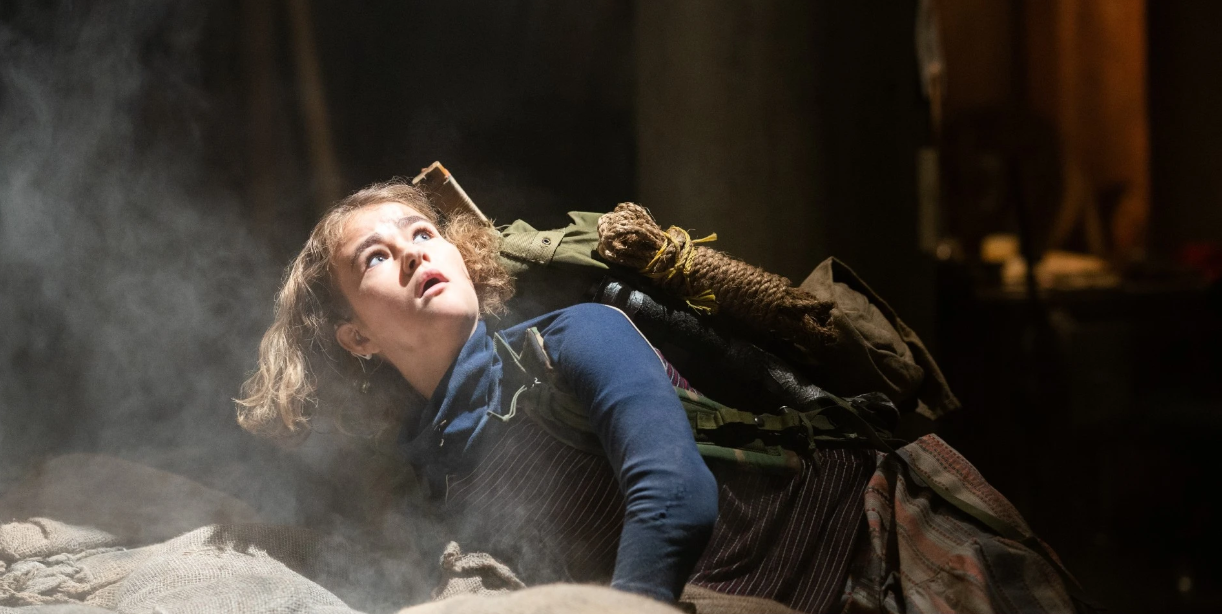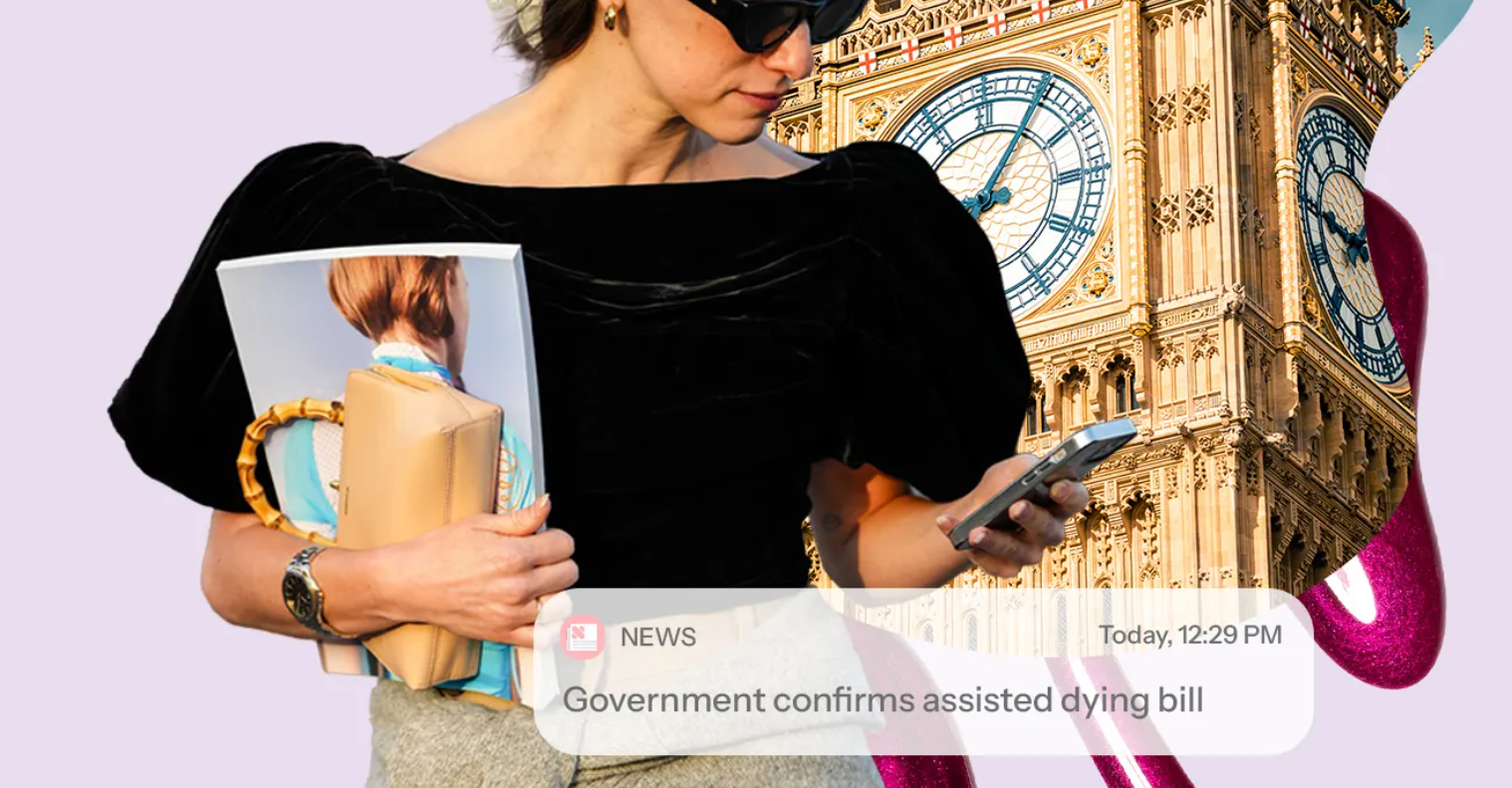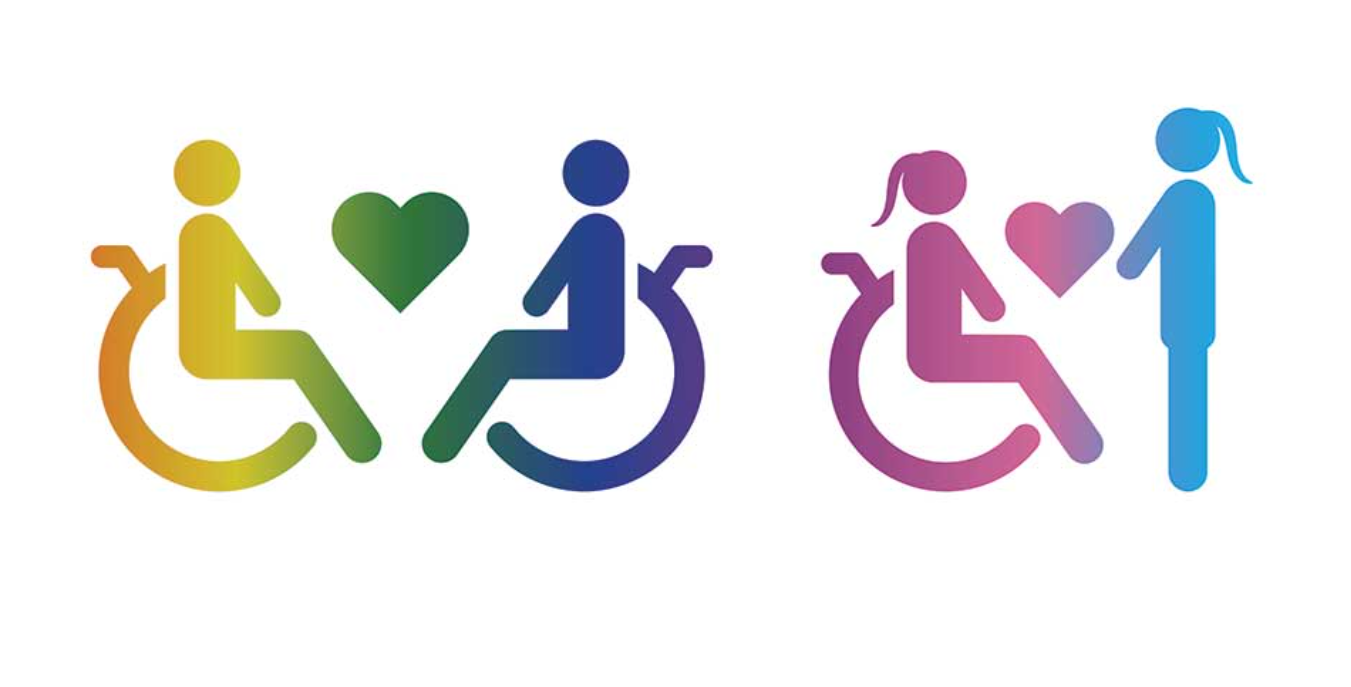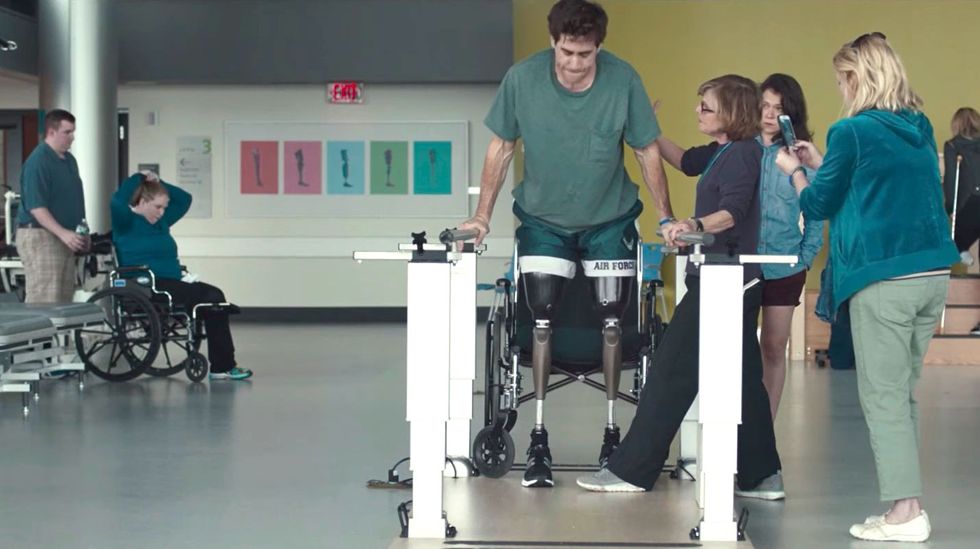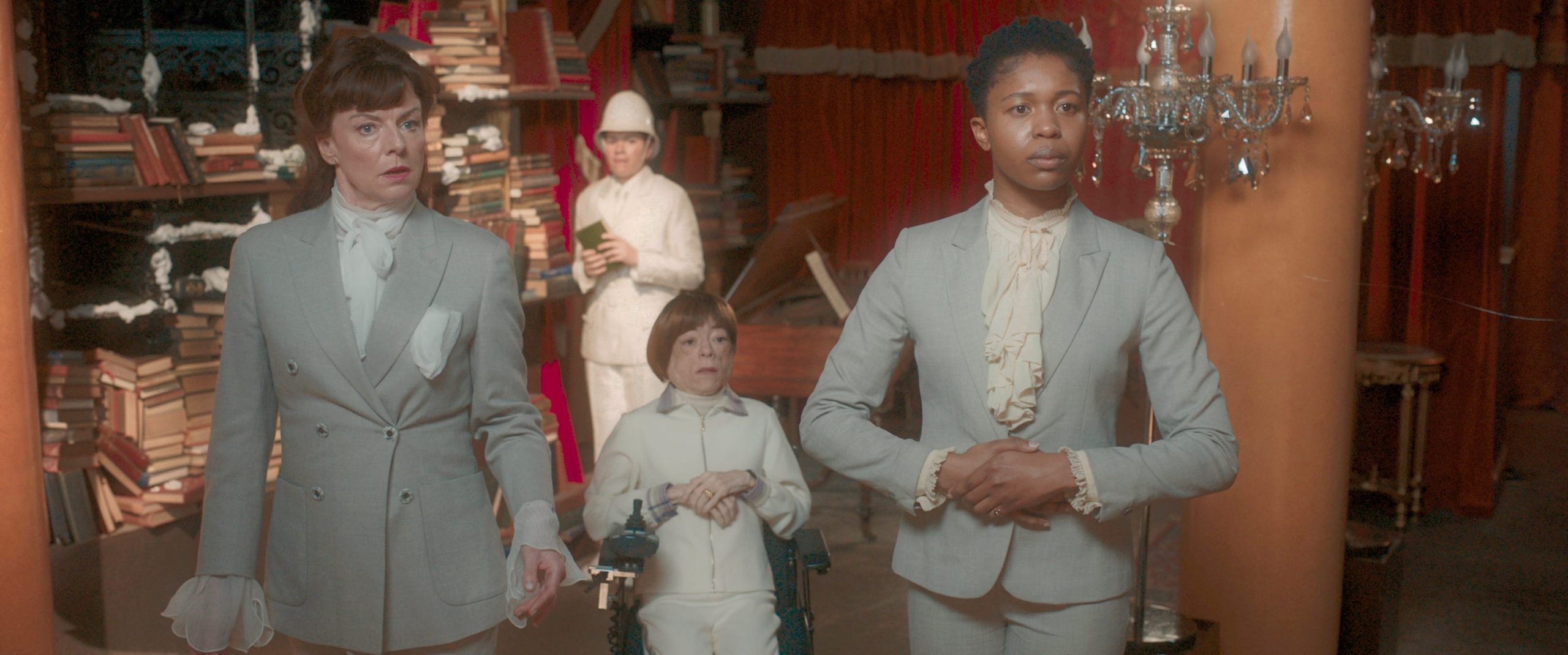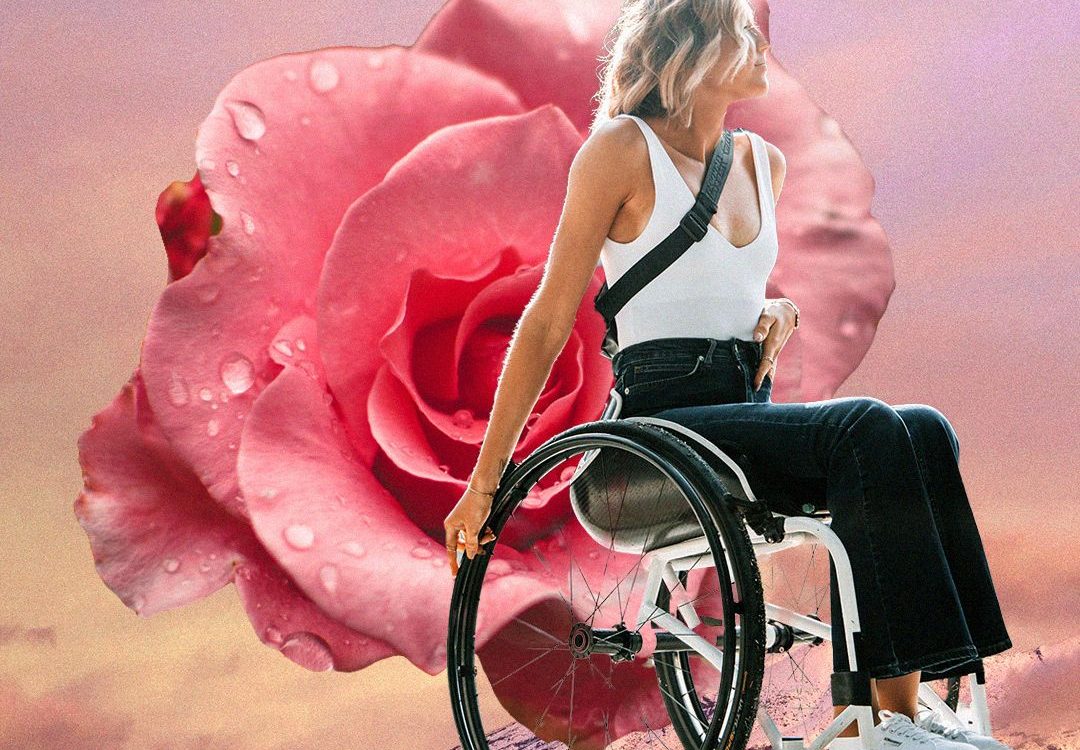Once, disability was simply a descriptor, but over time, disabled people have created a community and a culture under this banner, allowing our creative identities to thrive. Unfortunately, the film industry has a long history of ignoring or misrepresenting this rich diversity of life experiences.
Category: Health and Disability
Assisted dying is a women’s issue. So why are we being left out of the debate?
Given that one poll revealed 74% of the British public is in favour of legalising it, the vote isn’t unwarranted, but as the debate dominates talk shows and fills column inches, there’s one view neglected from the discussion: that assisted suicide is a women’s issue.
The sex tech industry could better serve disabled people, and it must
Historically, disabled people have often been overlooked or misunderstood regarding their sexual needs and desires. This long-standing neglect continues to impact their ability to fully explore and enjoy their sexuality today.
Disability Pride Month: Why disabled actors still need to get more chances
Representations of disability in the film industry have a long and storied history of being wrong.
It’s undeniable that improving disability inclusion within the industry, including hiring more disabled writers and producers, would enhance the accuracy of portrayals of disability on screen.
How Good Omens season 2 swerved ignorant tropes with its disabled angels
Good Omens’ second season nailed disability representation without tokenising a community that rarely gets depicted on screen.
Too many representations of disabled people stray into the objectively bad or dangerously prejudiced categories of filmmaking. Narratives position disabled people as burdens, inspirations, or mistakes of biology that must be fixed. Visual storytelling relies too much on tropes and neglects to explore the full spectrum of disabled lives.
Using Music to Manage Chronic Pain
“It’s helpful to realize there is no silver bullet treatment or one-size-fits-all therapeutic approach to pain,” says Dr. Jacob Hascalovici, chief medical officer for Clearing. This is one of those nuggets of advice that, for people living with chronic pain, is frustrating and healing in equal measure.
There is no magical cure for chronic pain, with which 50 million people live in the United States, according to a 2022 study. Every day, scores of people are navigating the medical and holistic worlds to figure out how to live with this unwieldy monster.
When My Partner Became My Caregiver, Our Relationship Couldn’t Recover
All relationships involve caring for a partner. Sometimes you’ll need them more than they need you, and vice versa. Mutual care, and respect, are key parts of maintaining synergy in a romantic relationship. However, when living with a disability or a chronic illness, striking the right balance between being cared for and caring can be precarious.
If you have a long-term mental or physical condition that affects daily life, it’s inevitable that you’ll sometimes need a romantic partner’s help more than they need yours. This help can be physical, like washing the dishes or grocery shopping, medical, dosing out medications and driving you to doctor’s appointments, or emotional support.
Are bisexuals destined to be chronically ill?
A new study has revealed that bisexual women are four times more likely than heterosexual people to have long-term physical and mental health problems.
The stereotype of the chronically ill bisexual has long been laughed about between LGBTQ+ disabled friends, and now there’s clear evidence that bisexual people – particularly women – are more likely to experience long-term health issues, the question that remains is, why?
Ancient ableism lives on
For anyone born visibly disabled in ancient Rome, being stoned to death was a very real possibility.
According to the Twelve Tables – the foundation of Roman law – anyone with a ‘visible deformity’ was better off stoned to death before their life impacted the livelihood of other citizens.
The Ableist World of Dating
When my last relationship came to an end, one of the primary reasons was their inability to deal with my disability.
The words spoken during their dumping explanation gave credence to a fear I’ve wrestled with for most of life: partners cannot love me with my disability, they can only love me in spite of it.

